I’m not sure if we ever had Infrastructure Week, but I guess this week is Tariff Week. Here is the thinking of the Economic Genius in Chief:
When a country (USA) is losing many billions of dollars on trade with virtually every country it does business with, trade wars are good, and easy to win. Example, when we are down $100 billion with a certain country and they get cute, don’t trade anymore-we win big. It’s easy!
— Donald J. Trump (@realDonaldTrump) March 2, 2018
Oh my God he is such an idiot.
I find it impossible to talk about “protectionism” without discussing Frédéric Bastiat. What are we “protecting” people from when we impose steel tariffs? Inexpensive steel, that’s what. You’re “protected” from having the option of buying the least expensive product. In that sense, it is quite like being “protected” from the free light offered by the sun, which is why the candlemakers in Bastiat’s famous petition sought a law to block out the sun, so that their candles would be more valuable:
We are suffering from the ruinous competition of a rival who apparently works under conditions so far superior to our own for the production of light that he is flooding the domestic market with it at an incredibly low price; for the moment he appears, our sales cease, all the consumers turn to him, and a branch of American industry whose ramifications are innumerable is all at once reduced to complete stagnation. This rival, which is none other than the sun, is waging war on us so mercilessly we suspect he is being stirred up against us by perfidious Albion (excellent diplomacy nowadays!), particularly because he has for that haughty island a respect that he does not show for us.
We ask you to be so good as to pass a law requiring the closing of all windows, dormers, skylights, inside and outside shutters, curtains, casements, bull’s-eyes, deadlights, and blinds — in short, all openings, holes, chinks, and fissures through which the light of the sun is wont to enter houses, to the detriment of the fair industries with which, we are proud to say, we have endowed the country, a country that cannot, without betraying ingratitude, abandon us today to so unequal a combat.
Let’s talk real-life specifics. Some of the problems that 25% steel tariffs will cause include massive price increases — on everything from cars to drinks that come in a can — and retaliatory tariffs from other countries. Our export market will be devastated. And you can kiss 3% growth goodbye. That will be a distant memory.
Everyone thinks of the stock market crash when they think of the Great Depression, but the Smoot-Hawley tariffs played an underappreciated but important role in turning what could have been a mere recession into a years-long depression. (FDR’s alphabet soup sealed the deal.) Retaliation by other countries destroys our exports. At the beginning of the Depression, the collapse of agricultural and auto exports fueled bank failures and monetary meltdown.
Susan Wright already covered Ben Sasse’s excellent observation that tariffs are actually “a massive tax increase on American families.” Sasse is absolutely right: “Protectionism is weak, not strong.” And stuff like this usually comes from leftists. (Susan also talked about Smoot-Hawley as well, but it can’t hurt to reinforce how dangerous this policy is. Please read her post, which complements this post nicely.)
The structural issue here is that presidents have far too much authority to unilaterally impose tariffs, and when you have a President as colossally ignorant as Trump, that could be disastrous. Mike Lee is trying to do something about it. Support him.
Even the much-maligned “trade deficit” is actually a good thing, not a bad thing. If you’re ignorant (like Trump), you hear the word “deficit” and assume that it must be somehow bad. The matter should have been put to rest with Adam Smith’s book “The Wealth of Nations.” Smith proclaimed: “Nothing can be more absurd than this whole doctrine of the balance of trade.” As financial writer Simon Constable said, “a big trade deficit shows that you got more for your exports than did the other country.” Or, as Oklahoma Republican Senator James Lankford has explained:
For starters, a powerful economy such as ours often runs a trade deficit because of the immense buying power of its people. Mexico’s average net per capita income is roughly $13,000, while the average U.S. household brings in more than $41,000 each year. Americans have a far greater capacity to buy goods than do consumers in Mexico. It should come as no surprise that we do exactly that.
. . . .
It should be an encouraging sign that we are by far the world’s largest receiver of foreign direct investment. Our trade deficit means, in part, that U.S. companies are considered to be a better investment than companies in other countries. More investment in American businesses means more jobs and higher wages for American workers.
I run a trade deficit with Costco. I buy far more things from Costco (lots) than Costco buys from me (nothing). Does that mean that I lose when I buy inexpensive goods from Costco, because I am buying more from them than they buy from me? Of course not! As Adam Smith said: “[T]hat trade which, without force or constraint, is naturally and regularly carried on between any two places, is always advantageous, though not always equally so, to both.” I choose to spend money at Costco because they have high-quality products and fresh food at very low prices. I win when I shop at Costco — despite my massive trade deficit with that company.
It is pure ignorance to believe that this is some kind of battle with other countries and that we “win” when we deprive our citizens of the choice to purchase the most inexpensive goods produced in the world. This absurd notion was demolished by Adam Smith centuries ago — but it still keeps raising its ugly head, and the uninformed mob salivates every time some idiot proposal like this is floated.
This policy is a disaster. It must be reversed.



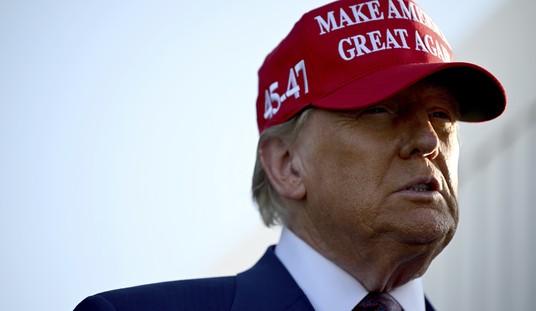
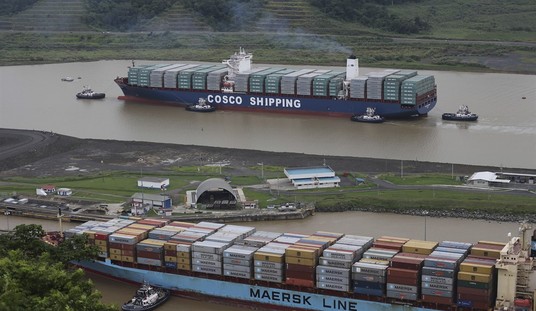
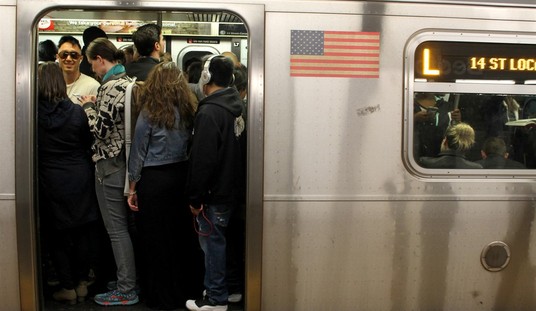

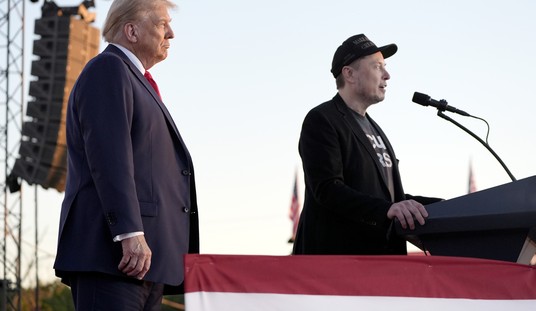




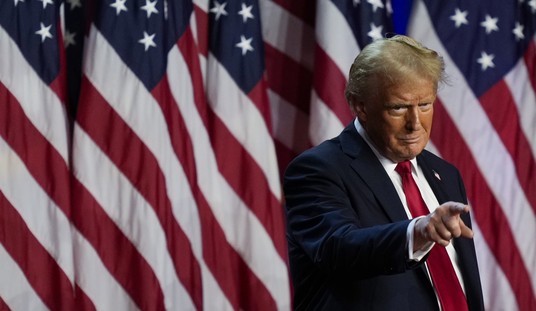

Join the conversation as a VIP Member